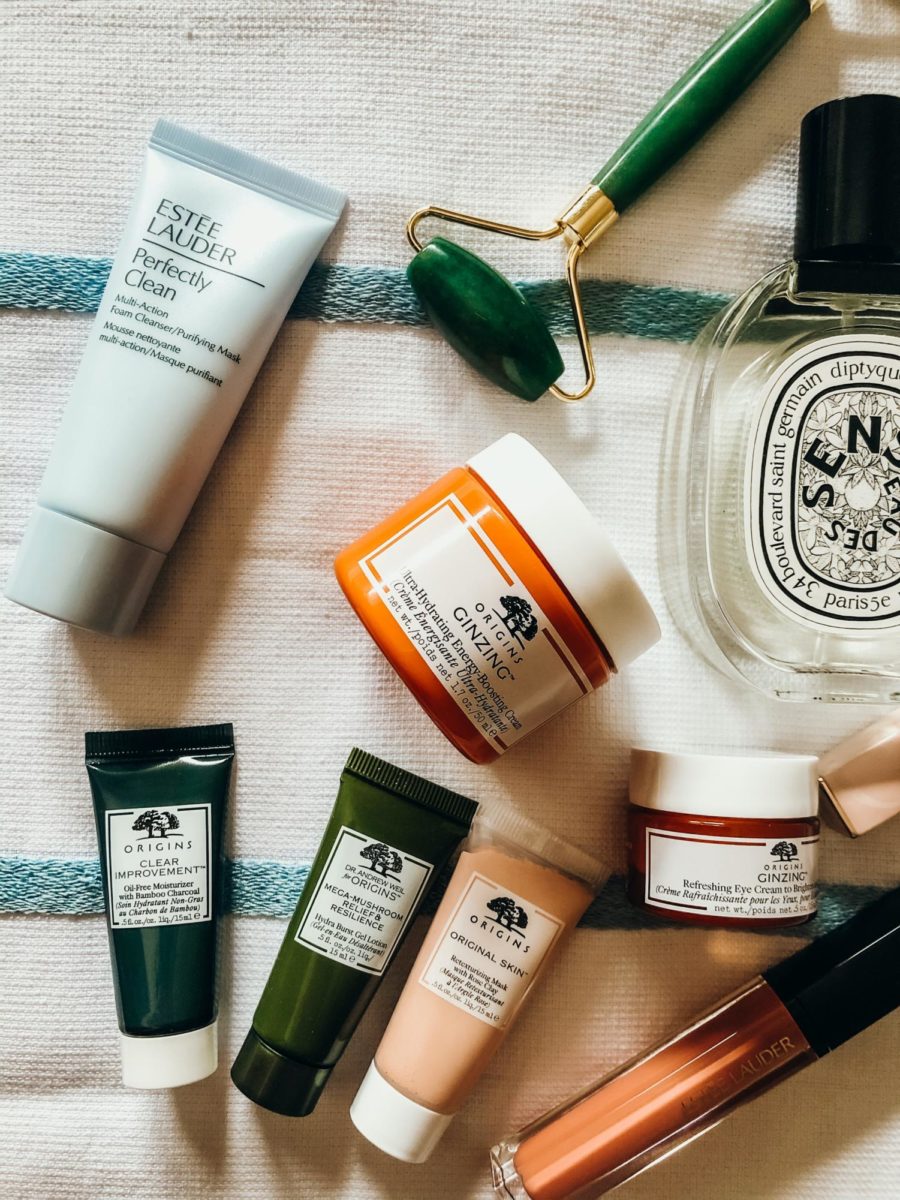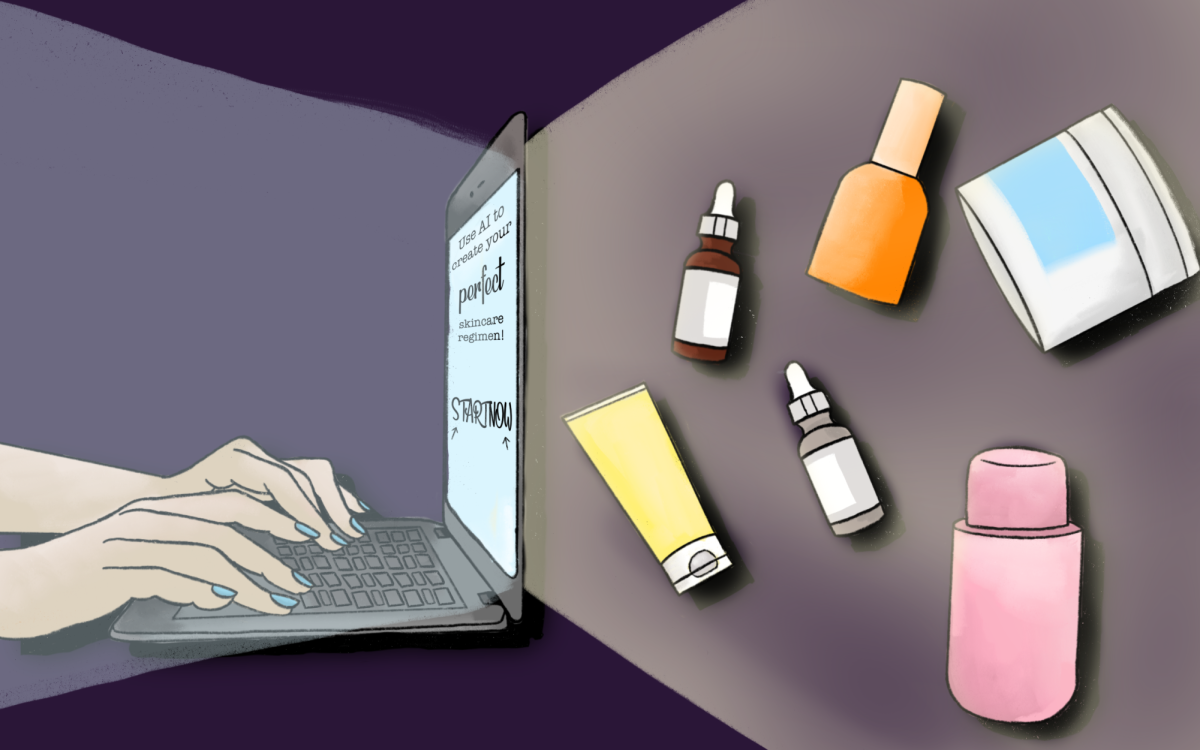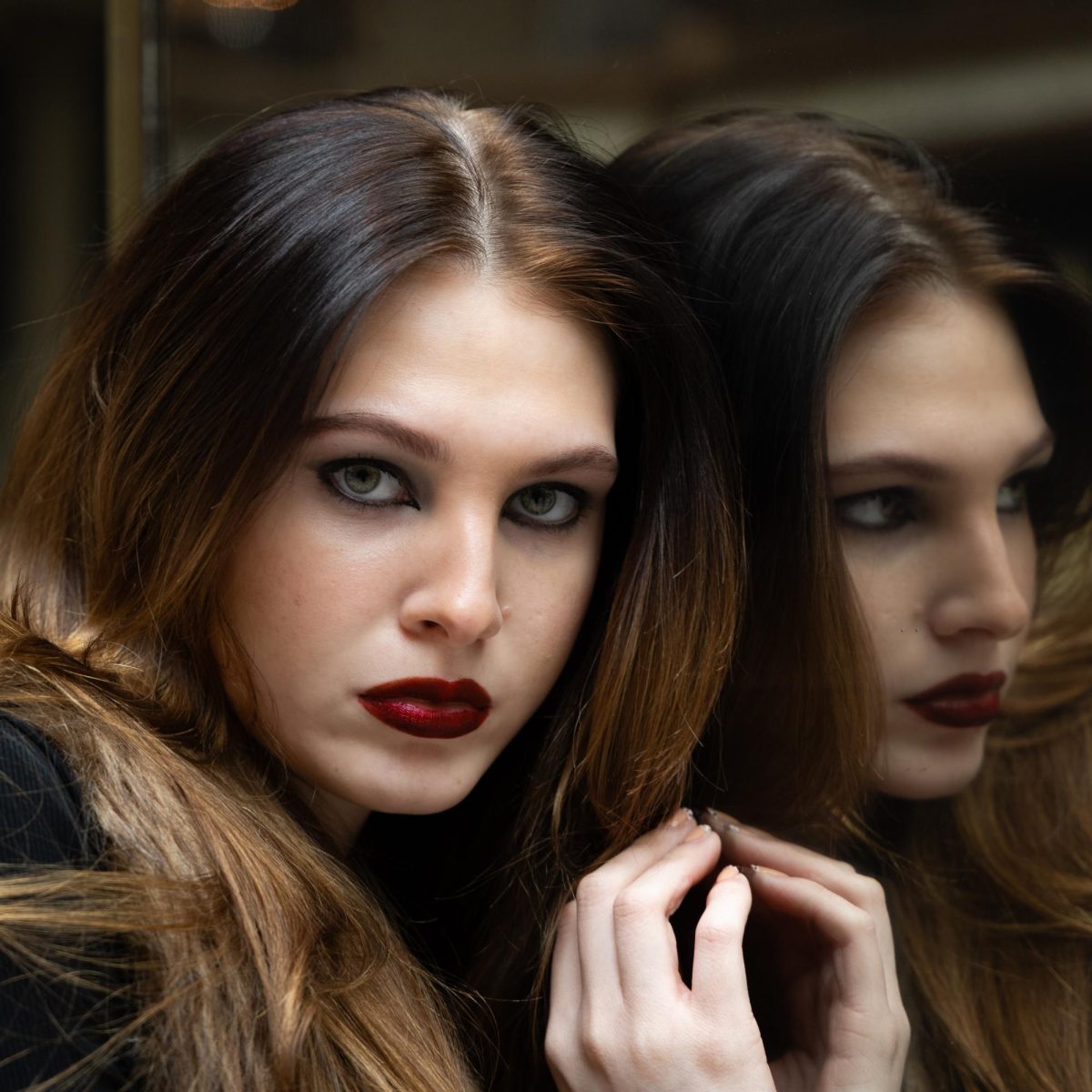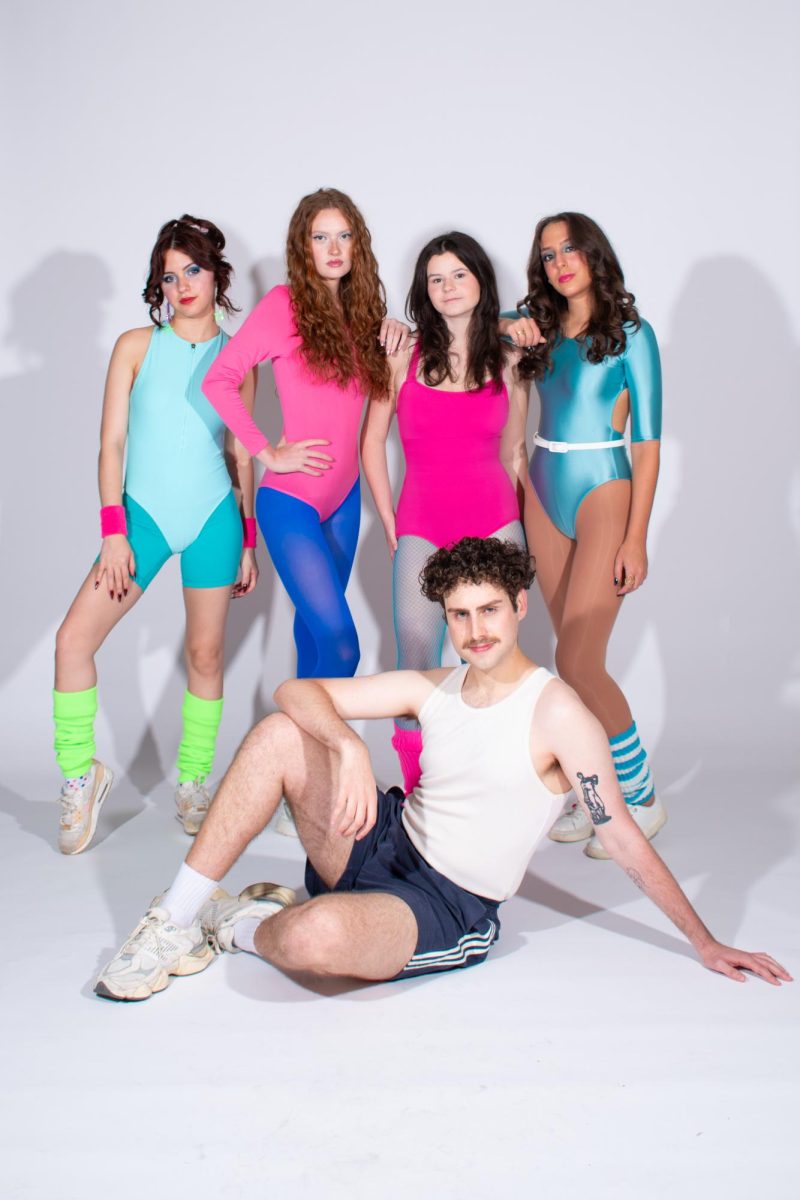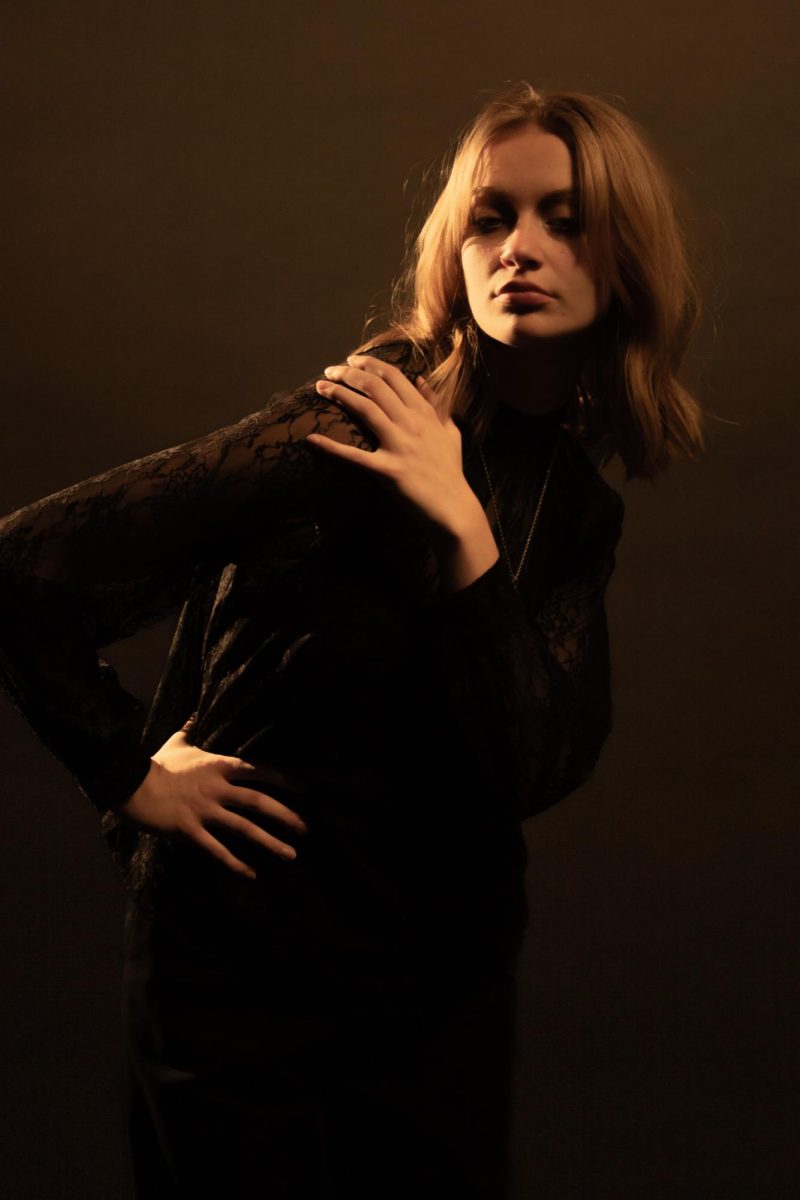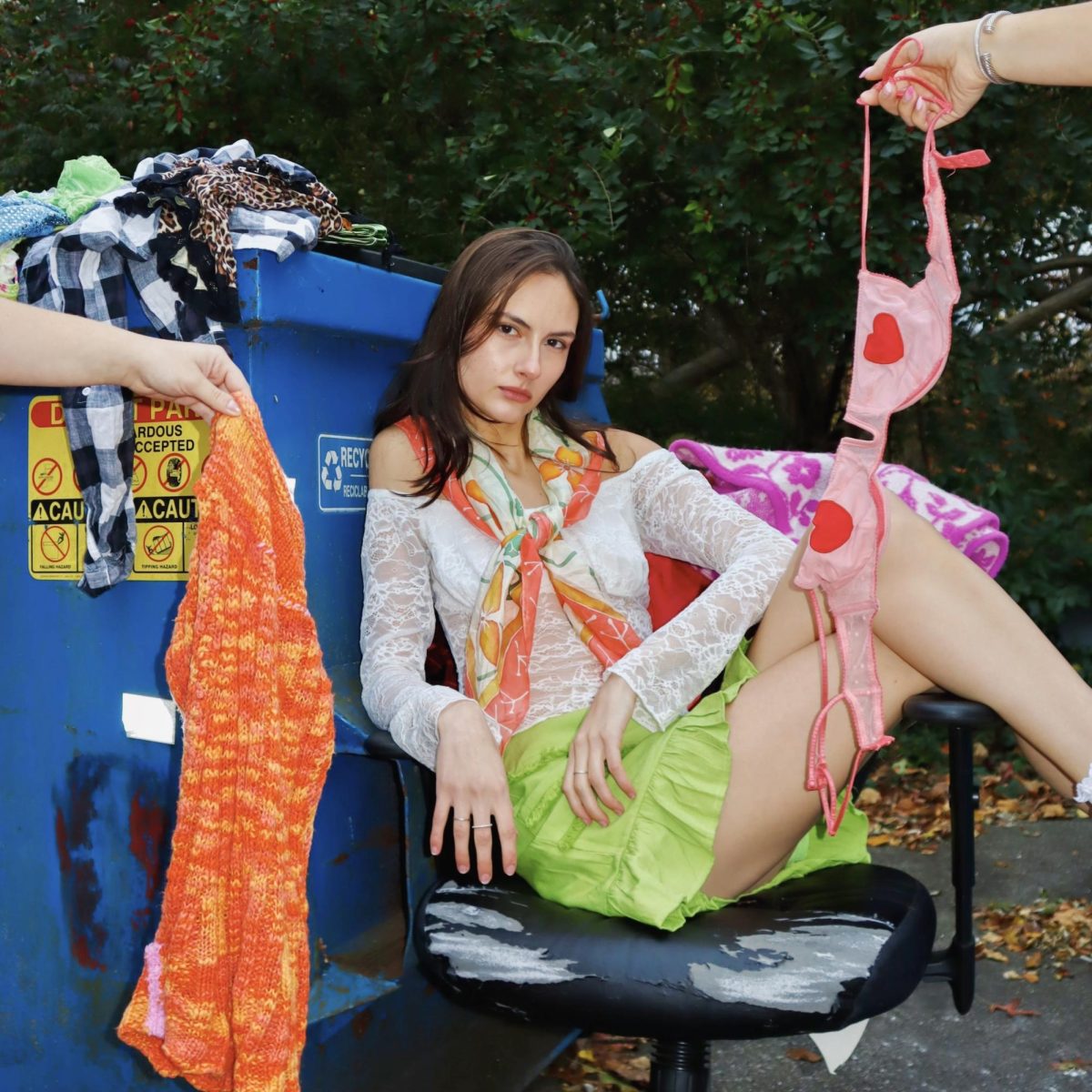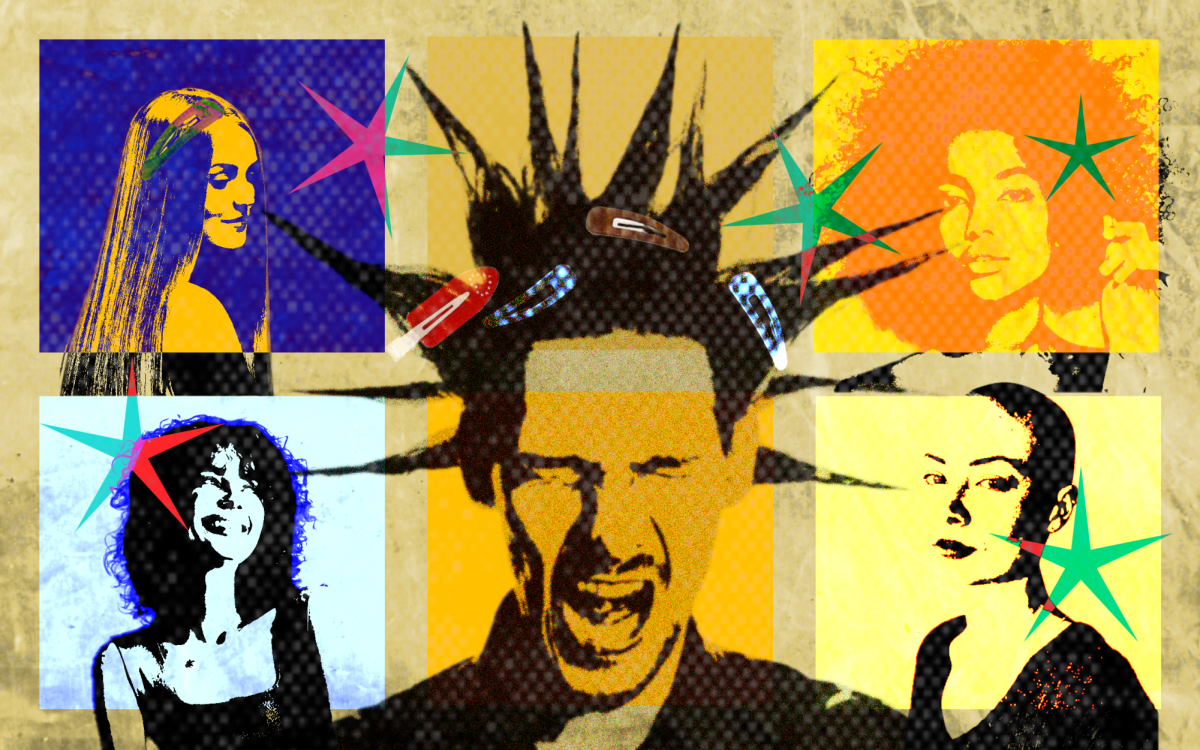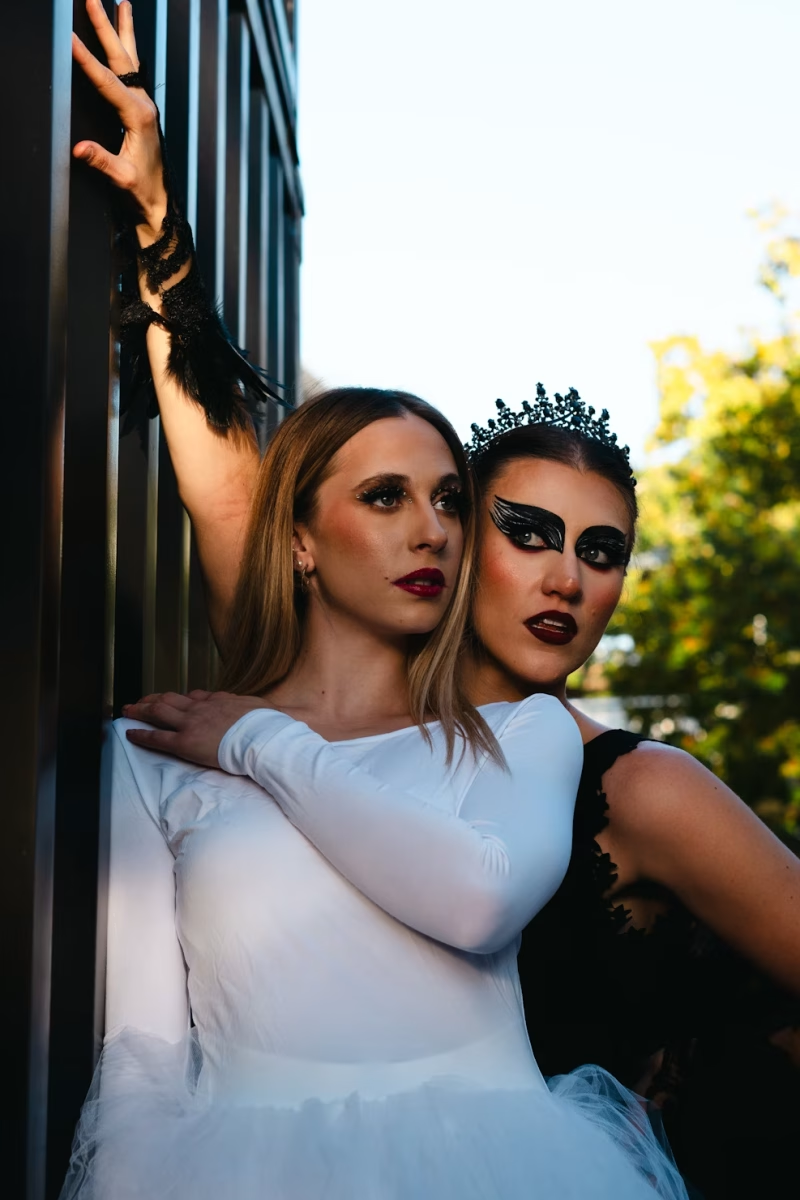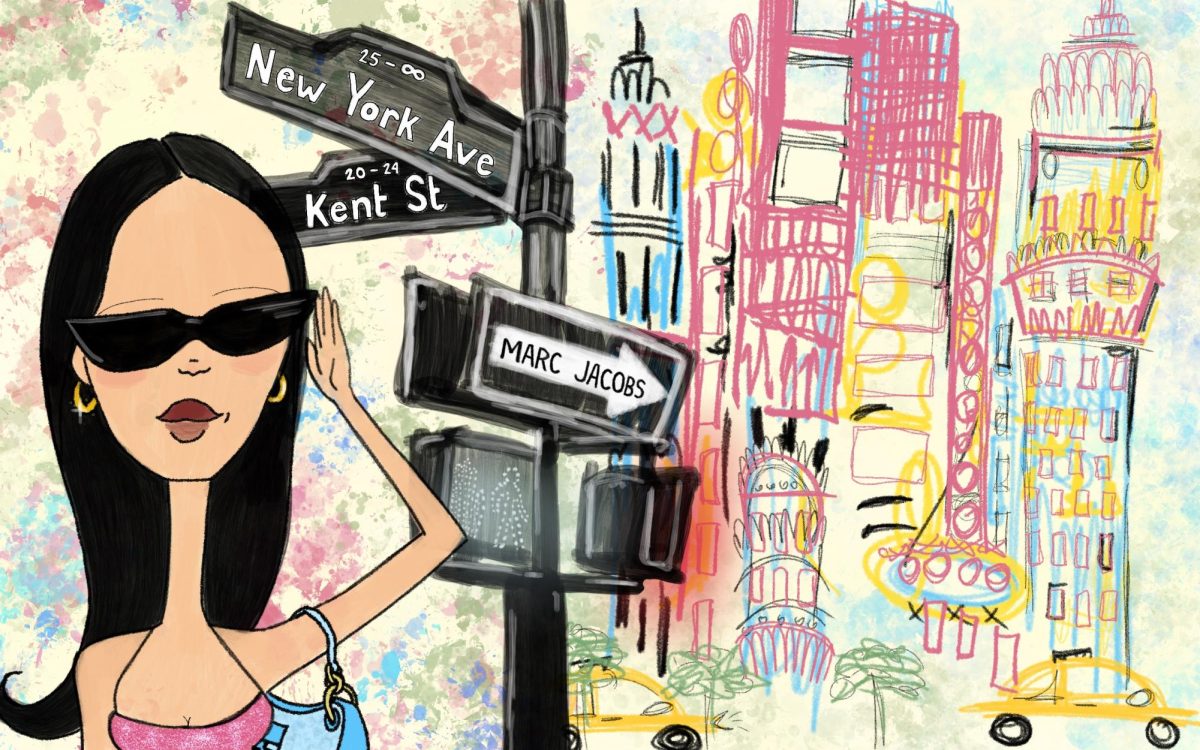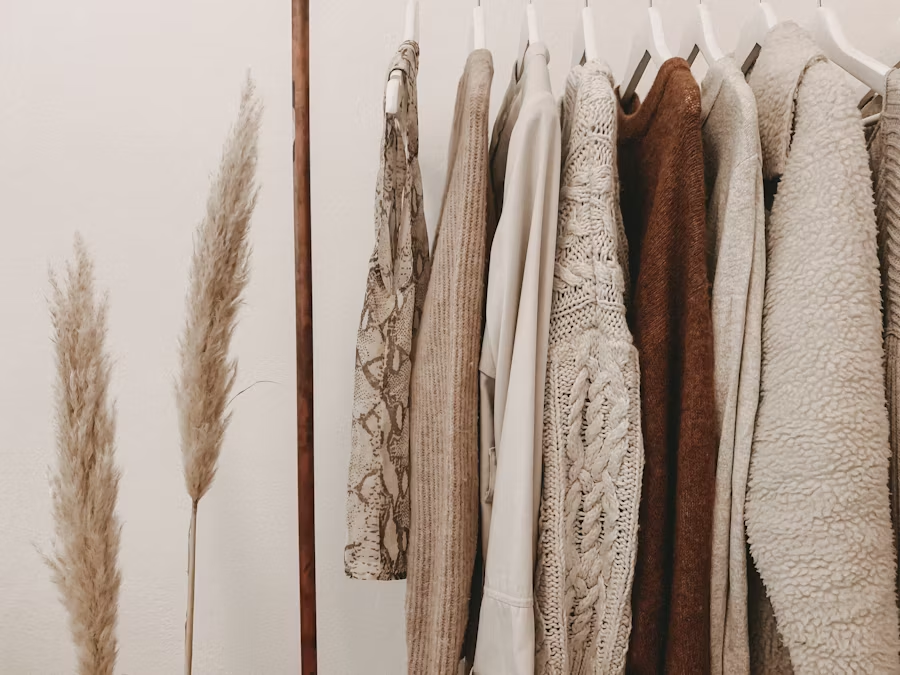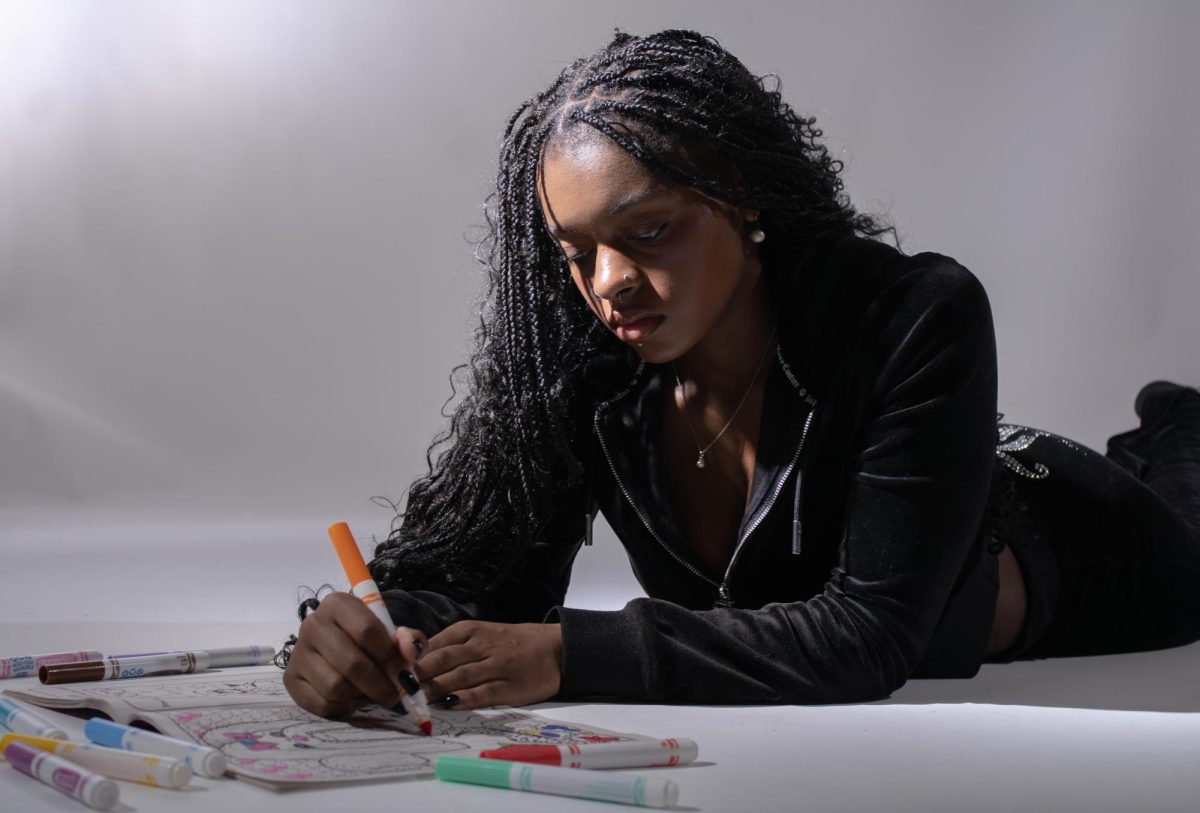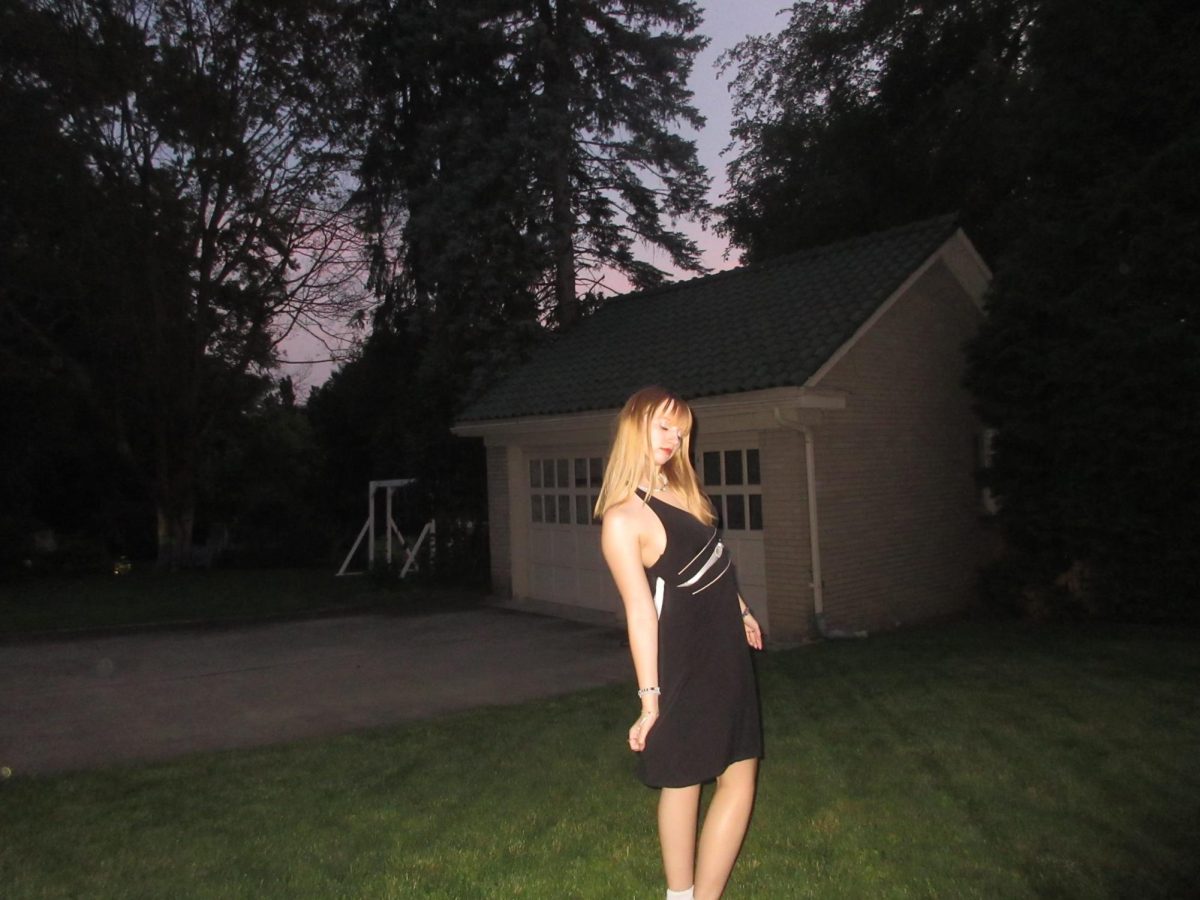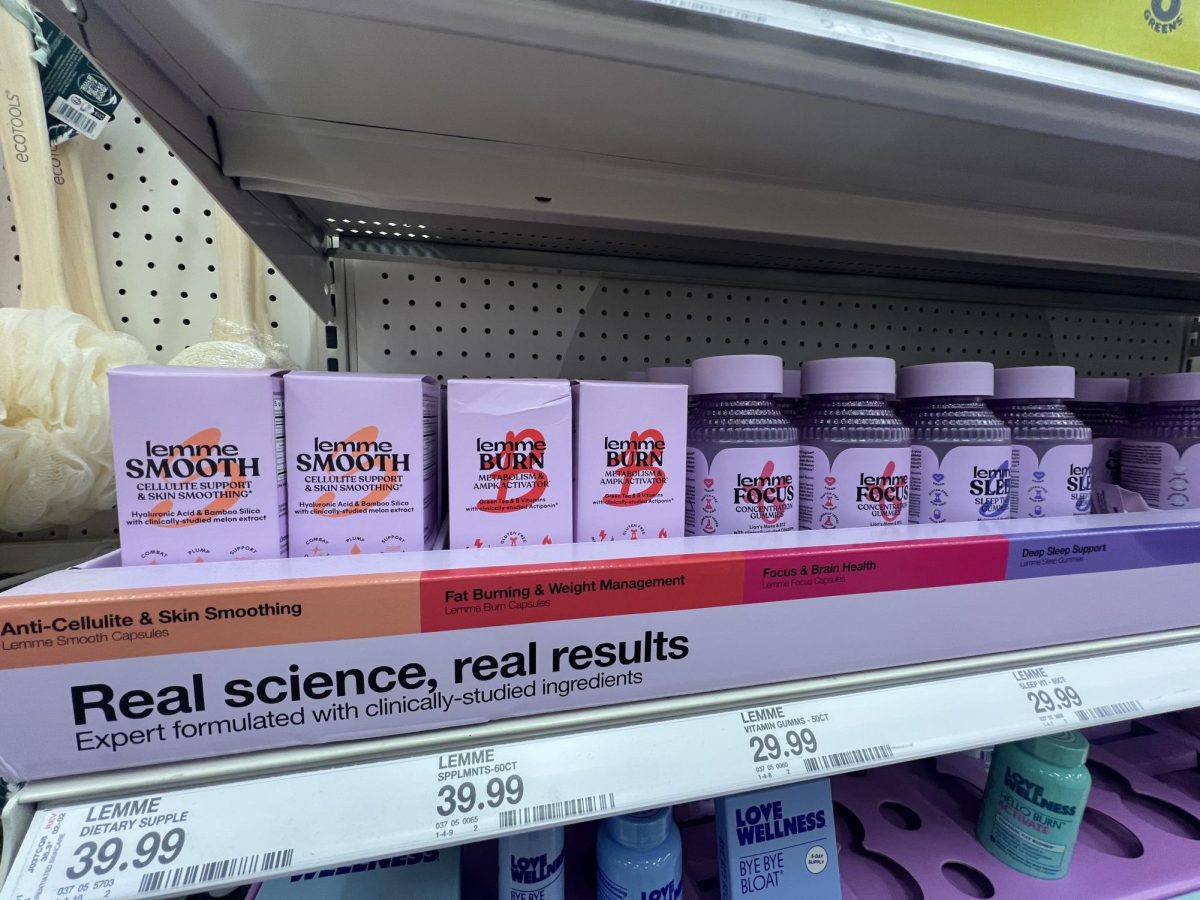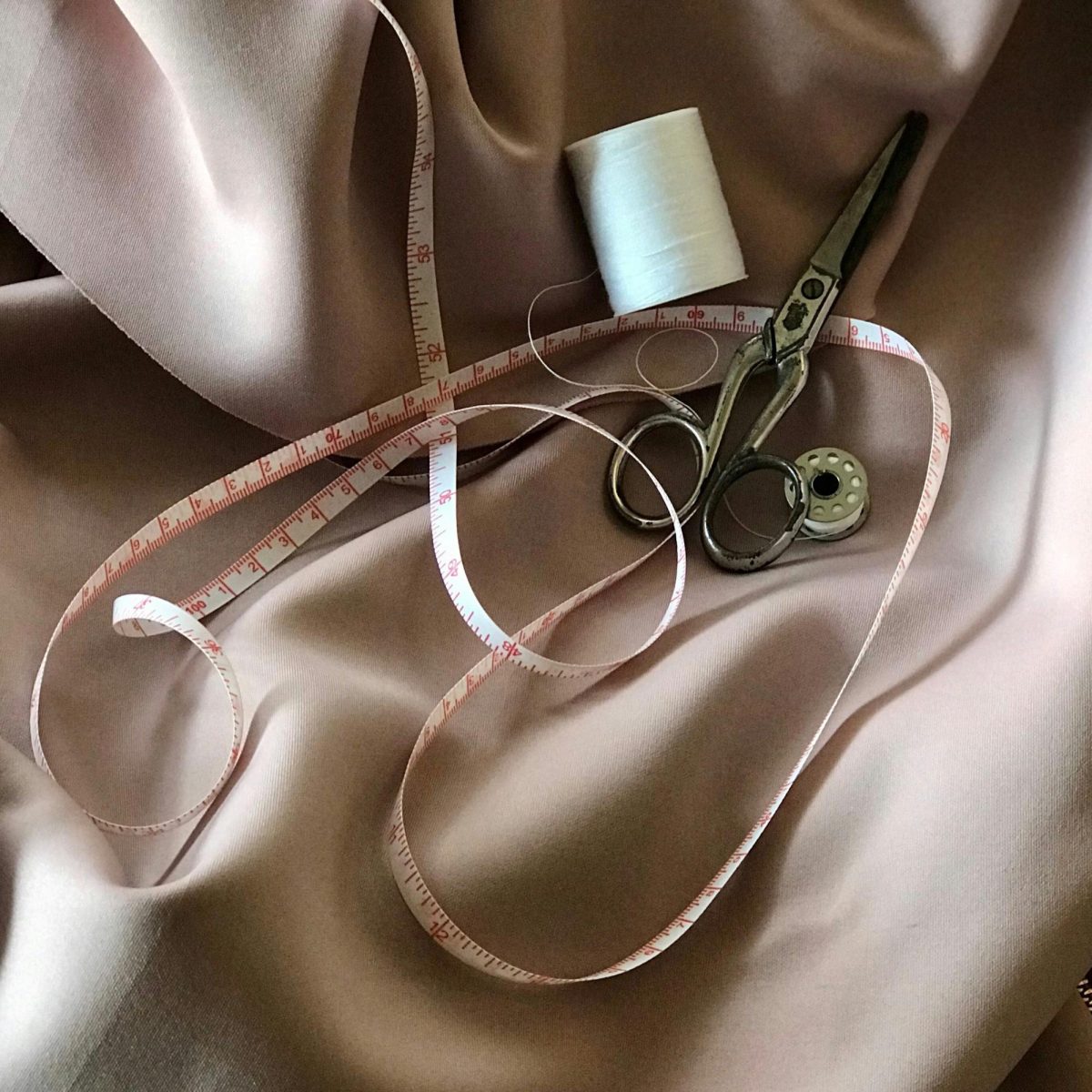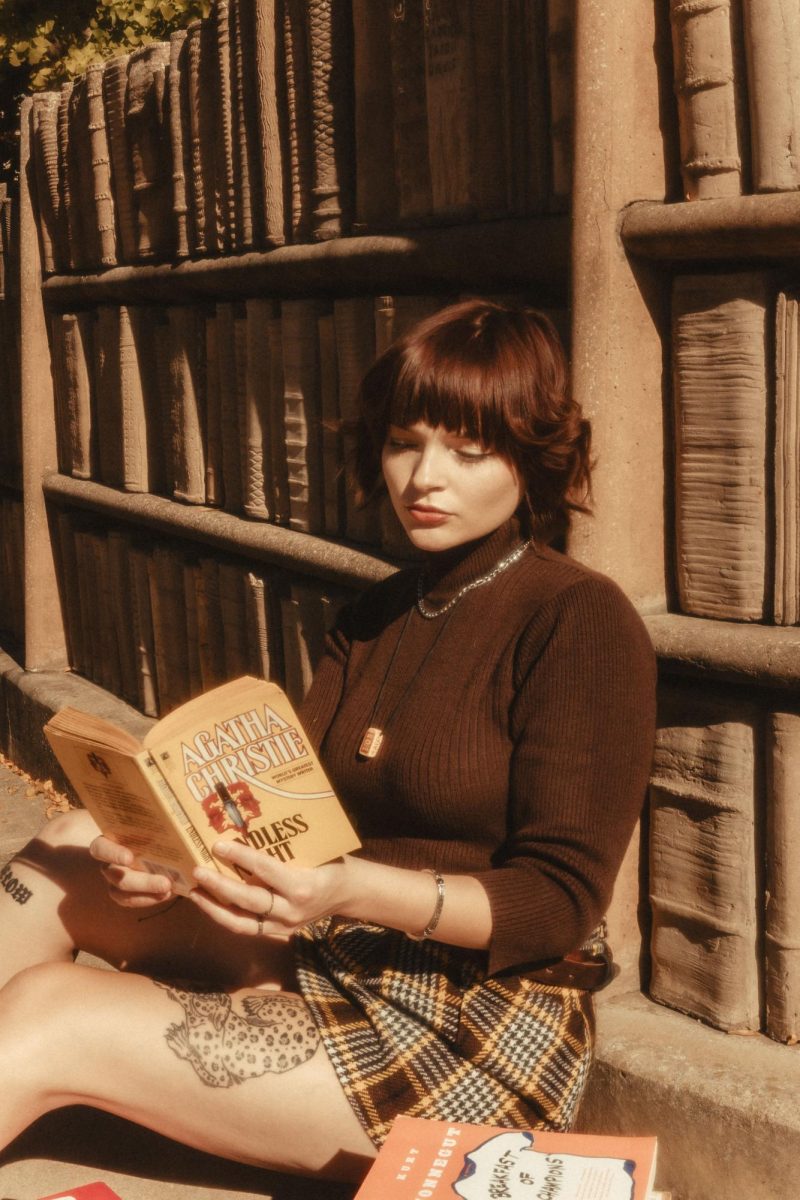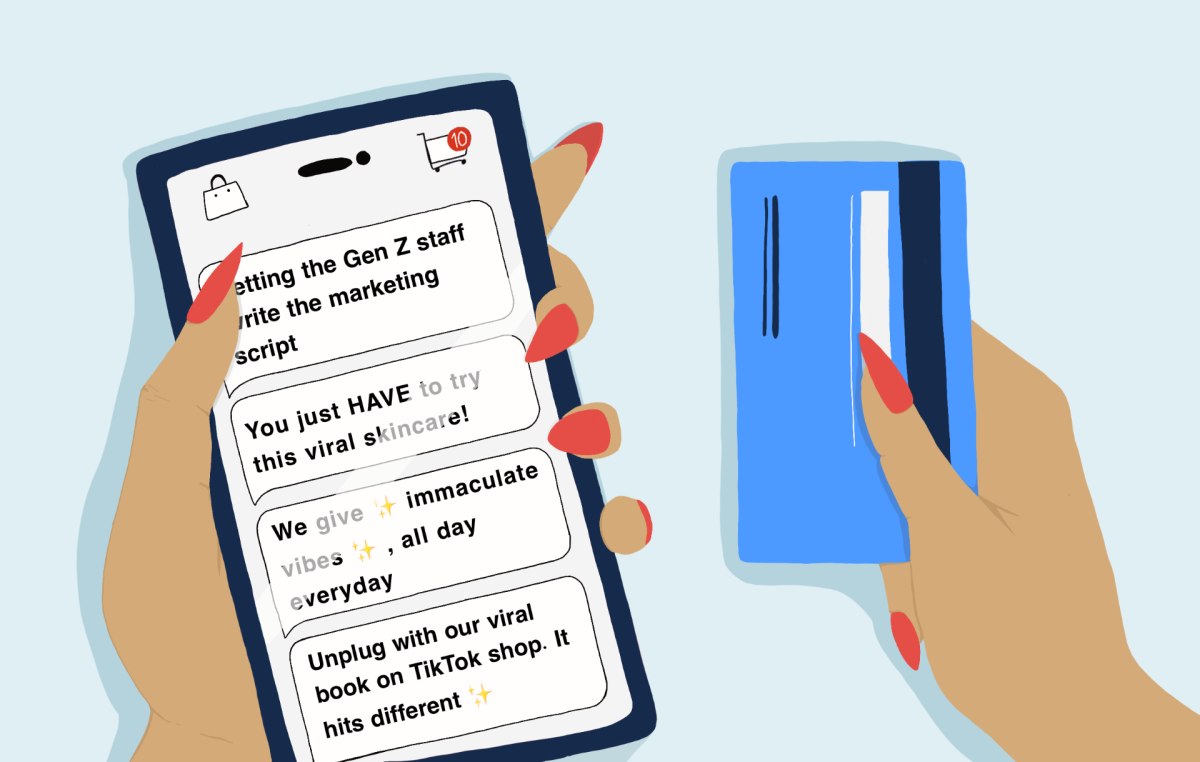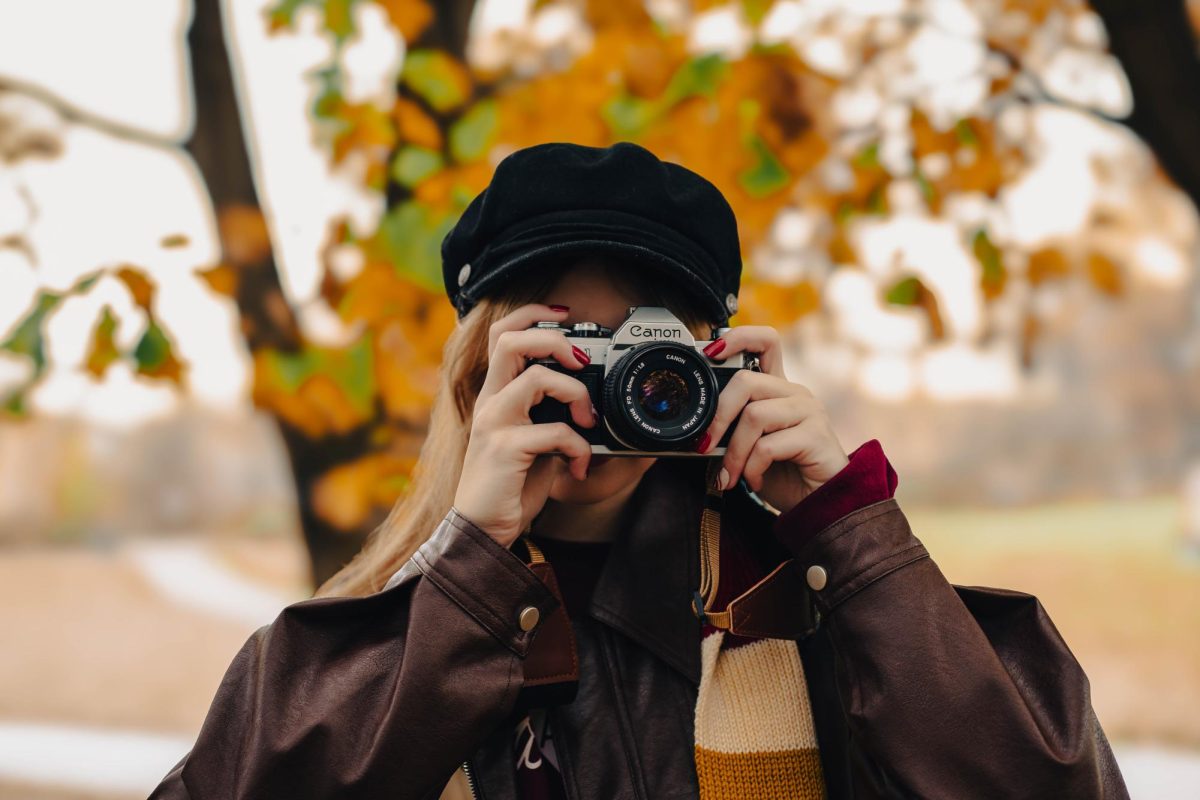In recent years, the landscape of purchasing cosmetics has undergone a major transformation. This is primarily driven by TikTok and Instagram. These platforms are infamous for influencer culture and have revolutionized the way consumers discover, evaluate and buy cosmetic products. As a result, the traditional marketing strategies of cosmetic brands have evolved, giving rise to a new era of influencer-driven beauty commerce.
This support of influencers has led to more and more people trying their luck, some succeed greatly and others continued their normal lives. Those who do make it to influencer status are quickly recruited by brands for promotion and marketing. Because of this, consumers now witness real people using products. In theory, they should be offering a more relatable and trustworthy perspective compared to traditional advertisements. However, influencers have recently been called out for being “bought out” by beauty and cosmetic brands.
The authenticity that makes influencer content so compelling can be compromised when sponsored posts are not clearly disclosed. Products being tested off camera, only to come back with amazing results or only relaying the positives of a product may deceive consumers. Consumers may feel misled by endorsements that prioritize profit over genuine product efficacy.
A recent makeup controversy was from MAC with their new Squirt Plumping Gloss Stick. One of the most popular reviews was that people did not see how the product worked: the gloss was not the traditional structure of either a lip gloss or a lipstick. The range of extremely positive to very negative reviews made many viewers question which influencers had a partnership with the brand.
The older part of Generation Z remembers major beauty influencers being on YouTube. The nature of this platform allows for longer test periods, or a wider range of products and brands being put up to the test in rapid succession. TikTok and Instagram are platforms with shorter run times, meaning we get a less in-depth review and may only hear the highlights of it.
Content creators have changed the way we are exposed to the beauty industry. On one hand, they give us a more personalized look at beauty products, but on the other they may be biased in reviewing.
Support Student Media
Hi! I’m Annie Gleydura, A Magazine’s editor-in-chief. My staff and I are committed to bringing you the most important and entertaining news from the realms of fashion, beauty and culture. We are full-time students and hard-working journalists. While we get support from the student media fee and earned revenue such as advertising, both of those continue to decline. Your generous gift of any amount will help enhance our student experience as we grow into working professionals. Please go here to donate to A Magazine.

